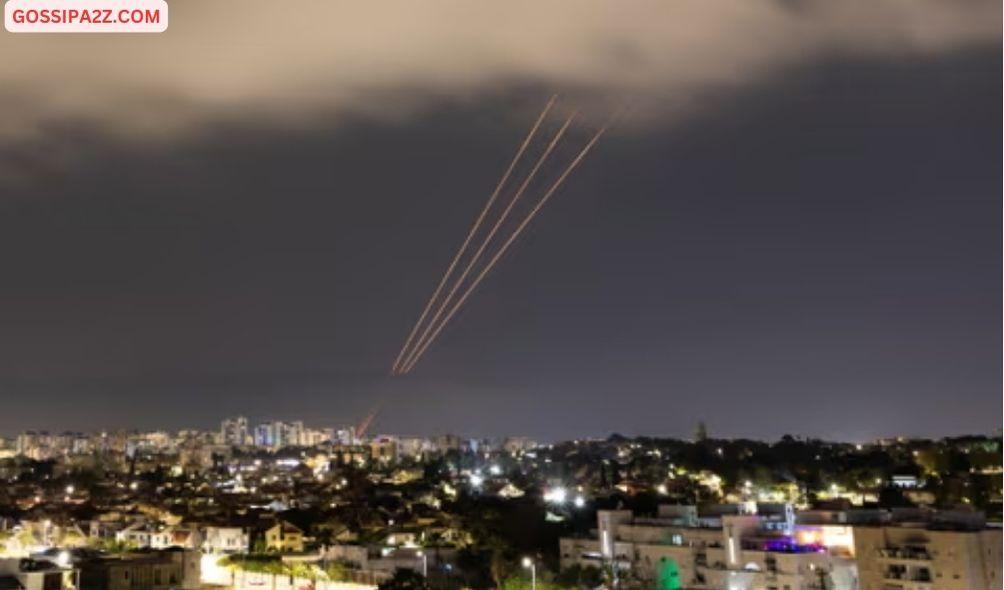Iran’s Strike on Israel: Unraveling the Facts
Iran conducted its inaugural direct attack on Israeli soil late Saturday as a response to Israel’s lethal strike on Tehran’s consulate in Damascus on April 1st.
According to analysts, Israel successfully intercepted the majority of the incoming missiles and drones. However, it’s believed that Iran intentionally kept the scale of the attack below a certain threshold to avoid triggering a guaranteed Israeli response.
Calculated attack by Iran
Iran’s foreign minister said it had announced Saturday’s retaliatory attack in advance, which it called “limited, minimal”, and “aimed at punishing the Israeli regime”.
Multiple specialists indicated that Iran intended to demonstrate its power through the attack while avoiding an escalation.
Julien Barnes-Dacey, Middle East program director at the European Council on Foreign Relations, said on X that Iran’s “weak” drone showing was meant to signal that Tehran wanted to “avoid a wider war”.
US political scientist Ian Bremmer called the situation “stressful”, but he also suggested it was “best to breathe a bit”.
Who is involved?
Israel received strong backing from President Joe Biden of the United States, who declared that American troops played a significant role in nearly completely preventing the Iranian missile and drone assault.
Numerous nations detected and intercepted airborne projectiles above their military installations or regions in the Middle East amid the assault.
These countries consist of Britain, which maintains a significant military presence in Cyprus; Jordan, where unidentified aerial objects breached airspace; and France, which activated its air defense systems around its local army installations.
Iran’s local supporters, including Hezbollah in Lebanon and Huthi insurgents in Yemen, launched artillery shells and deployed drones toward Israel amid the Iranian assault.
However, Israel’s apparent refusal to listen to advice from its allies was leading to a “humiliation” of its powerful friend, the United States, said Bertrand Badie, an expert on international relations.
“Israeli leaders take their own decisions and are indifferent to the advice given,” he told the France Info broadcaster.
Strong defense systems
Israel has gained assurance in the effectiveness of its air-defense systems following the successful defense against Iranian drones and missiles.
“The interception rate was very, very high,” international risk specialist Stephane Audrand told AFP.
If Israel perceives any indication of vulnerability from Iran, it might feel inclined to launch a decisive strike against its regional adversary. This is a strategy that some Israeli politicians have been promoting, as stated by Barnes-Dacey.
Iran’s Strike on Israel: Unraveling the Facts
